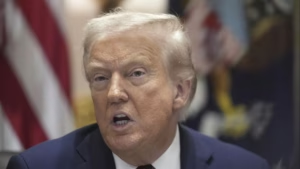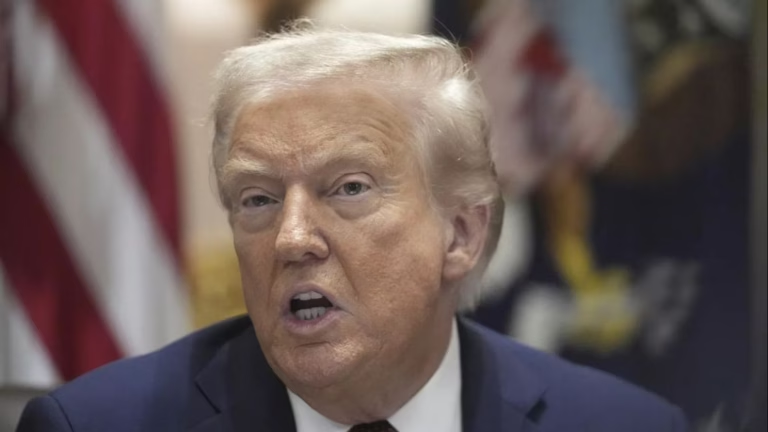The US is proposing the establishment of a new advisory body for the Digital Markets Act (DMA), involving companies affected by the regulation, during negotiations over an EU-US trade deal, according to three sources familiar with the matter. However, the EU is firmly against this idea, according to two of the sources.
On Saturday, President Trump announced via social media platform Truth Social, the implementation of 30% tariffs on the EU and Mexico starting 1 August, a move that could cause significant unrest between the United States and its major trade partners. European Commission President Ursula von der Leyen promptly responded, emphasizing the EU’s commitment to dialogue and a constructive transatlantic partnership, while also stating that the EU is prepared to respond with countermeasures if needed.
The Digital Markets Act aims to regulate the largest online platforms to protect consumer rights and curb any abuse by dominant tech players. Under the rules, non-compliant companies may face fines up to 10% of their global annual turnover. Peter Navarro, a senior Trump advisor, has accused the EU of waging “lawfare” against US Big Tech through the DMA and its sister Digital Services Act (DSA) regulation. In response, the EU stated that it will not make any concessions on its digital and technology rules as part of any trade negotiations with the US.
The DMA currently has an advisory board, which plays a consultative and strategic role in its implementation, supporting the Commission in oversight and enforcement. However, the proposed US advisory body would give influence over the enforcement methods to those who might be affected, which is not currently possible under the DMA.
In terms of the proposed tariffs, EU digital legislation has become a red line in the negotiations. The US considers the DMA and DSA as non-tariff barriers to trade with the EU, while the EU refuses to amend these 2022-adopted laws. Commission Vice-President Teresa Ribera stated that the EU would defend its sovereignty and the implementation of its rules, emphasizing that it would not allow anyone to dictate what it should do.
To address the issue, the EU could finesse the implementation of the DMA without changing its rules. Non-compliance investigations could become the exception in enforcing the DMA. Christof Carugati, a Brussels-based tech consultant, suggested that disputes could be settled formally or informally through dialogue to implicitly “pause” investigations.
Several US tech giants have also called upon the European Commission to keep its upcoming Code of Practice on General-Purpose AI (GPAI) as simple as possible and to simplify digital legislation, including the DMA, DSA, and the AI Act. EU Tech Commissioner Henna Virkkunen aims to identify and cut reporting obligations in existing digital legislation to ease pressure on enterprises, especially SMEs. Despite criticism from former Trump advisor and X-owner Elon Musk, Virkkunen maintains that the laws are fair, as they apply equally to companies operating in the European Union.
Source: https://www.euronews.com/business/2025/07/15/exclusive-us-pitches-special-role-in-eu-regulatory-surveillance-in-trade-deal







